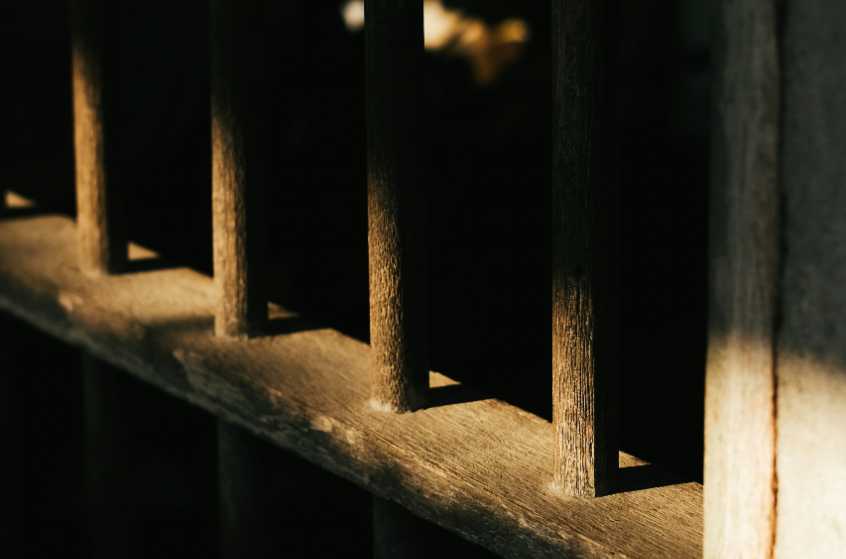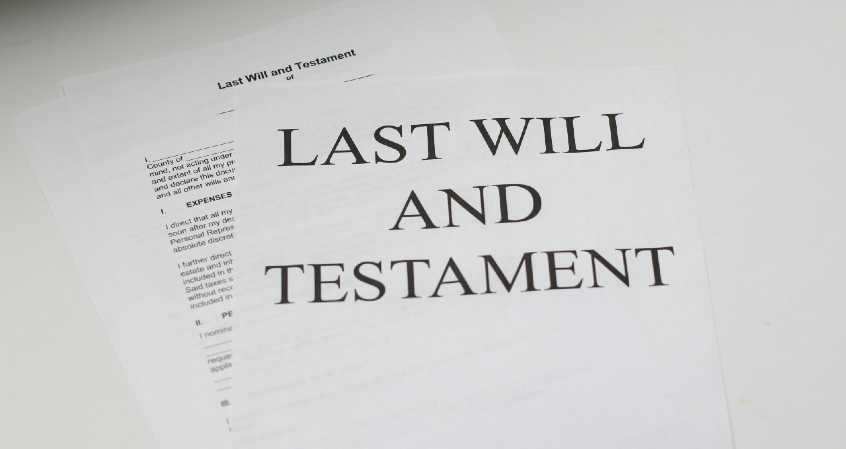Legal advice about holographic wills in Marbella
The type of will written by testator's own handwriting is known as a holographic will, which must comply with certain requirements that are regulated in articles 688 to 693 of the Spanish Civil Code, in order to carry out the Demonstration of truthfulness and protocolisation of Will written by the testator, the process requires the intervention of a Public Notary who must be located in the place of the testator's last habitual residence or the place where most of his/her heritage is located.
The Demonstration of truthfulness of the holographic will
Is the process in order to the authorship and veracity of the holographic will must be checked, and it must be verified that really contains the last will and testament of the testator and it has not been drafted or modified by another person. Furthermore, for the holographic will Demonstration of truthfulness, at least three witnesses must assist before the Notary in order to verify that they know the handwriting of the testator, removing any doubt about authenticity. This is why in some cases the services of experts and other professionals who can verify the authenticity of the testator's handwriting are required.
The protocolisation of the holographic will
Is the procedure by the Notary must rectify those elements made not conform to the law, checking the document for all its basic requirements, such as: being granted by a person of legal age, written in its entirety and signed by the testator, clearly indicating the year, month and day in which it was granted, and in the event that it contains words that have been crossed out or amended, they must be saved by the testator by means of his or her signature. Once all the requirements have been met and the Notary Public considers the authenticity of the will to be accredited, the notary will authorise the protocolisation act and attest to the existence and legality of the private document. In the event of not being able to ascertain the authorship and authenticity of the holographic will due to any inconsistency, it cannot be notarised and the Notary shall filing the file.
The person in possession of a Will written by the testator has the duty to present it to the Notary within ten days of becoming aware that the testator has died. The law establishes a sanction for those who fail to comply with this obligation, being liable for the damages that this may cause. The Notary must verify the death of the testator in the event that the person presenting the will does not provide the death certificate for this procedure.
Advantages and disadvantages of holographic wills
Advantages of the holographic will: It is very useful when the testator is not in a position to establish his last will and testament in other form. However, the testator or his/her heirs can request the Notary to travel to the place where the testator is. The holographic will is also an inexpensive, fast and effective way of making a will or changing one's last will and testament.
Disadvantages of the holographic will: If the testator makes a formal error such as crossing out a term without saving the correction with his/her signature, or a material error such as omitting forced heirs, the will can be disputed. Furthermore, the will cannot be entered in the Register of Last Wills if it is not possible to draw up the notarial deed, making it more difficult to find the will and determine it is the last one to be executed.
If you wish grant a holographic will, it is advisable to consult a lawyer specialising in inheritance law to obtain legal advice on wills and inheritance to ensure that you meet the legal requirements. It is always advisable to seek legal advice about drafting a will, especially if it is a holographic will.
Telephone: +34 951 052 811
Whatsapp: +34 643 89 04 96
Chapter about the Holographic Will in the Spanish civil code
















Post a comment